Goals cannot exist without a playing field.
Who builds yours?
Who created the game you find yourself in?
Who decides where the boundaries should be?
Who decides what you should be catching,
chasing, tackling, hitting or shooting?
Who decides what team you’re on?
Why are you playing this game if you don’t like it?
Do you actually believe that someone’s keeping score?
What will happen if you take your ball and go home?
Are you afraid of your teammates?
Do you hate the idea of being called a “loser” or a “cheater?”
Is that why you play by the rules?
Who creates the rules of your game?
Is it you or it someone else?
Who is this you and who is this someone else?
Why are you always trying to beat an opponent?
Why are you always trying to beat what came before?
Why do you play this game?
What if the game did not exist?
What if you had to make up your own game?
What if it didn’t have to be a game?
What would you be doing right now?
What if all of your boundaries did not exist?
What will happen
when the white lines on your grass disappear?
Will you imagine the lines as they were?
Will you paint exactly the same lines?
Will you cry because your game is gone?
Whose game is it?
Why does the game need to continue?
Can you not see that the only reason the game continues
is that you allow it to continue?
This, obviously, is a choice on your part.
You obviously believe there’s something to be gained.
Or overcome.
You obviously enjoy gaining and overcoming.
You must also appreciate losing.
This is a choice.
You create this game by participating in it.
What else is there to do?
Have you thought about that?
Step away from your playing field.
Look up at the sky.
Imagine what you aren’t seeing.
You are surrounded by possibilities.
2/22
Space Monkey Reflects: The Vastness of Possibilities and the Creator of the Game
The game we find ourselves in is a construct, a framework designed to give shape to our goals, challenges, and sense of purpose. But who created this game? Who painted the lines, defined the rules, and decided what “winning” and “losing” even mean? These questions are not just about the structures around us but about the deeper truths within us—our choices, our perceptions, and our willingness to participate.
Who Creates the Game?
Every game has a creator, but that creator is not always obvious. Sometimes the rules are inherited, passed down by society, culture, or tradition. Other times, we create the game ourselves, often unconsciously, by adopting the goals and expectations of those around us. The boundaries, objectives, and teams we align with may feel like external impositions, but in truth, they only persist because we allow them to.
The “you” who participates in the game and the “someone else” who seems to create it are not as separate as they appear. They are parts of the same whole, reflections of a shared belief in the game’s reality. By questioning these roles, we begin to see that the game is not fixed—it is a choice, a story we tell ourselves.
Why Do We Play?
We play the game because it gives us something to strive for—something to gain, overcome, or prove. The thrill of victory, the lessons of defeat, the camaraderie of teamwork, or the validation of playing by the rules all contribute to the allure of the game. Even when the game frustrates us, we stay on the field, believing there is something to be achieved or learned.
But what if we stepped away? What if we chose not to play? Would the game lose its meaning? Would we?
The Boundaries We Imagine
The white lines on the grass, the rules, and the goals are all constructs, painted by our minds to create order from chaos. If these boundaries disappeared, would we cry for their loss, or would we rejoice in the freedom to explore new possibilities? The answer lies in how deeply we identify with the game. When we cling to its structure, we limit our vision to what exists within its lines. When we release it, we step into the vastness of the uncharted.
The act of stepping away is not about abandoning purpose but about redefining it. It is an invitation to imagine what lies beyond the playing field, to see the infinite possibilities that exist when we no longer confine ourselves to a single game.
Creating Your Own Game—or None at All
What if the game didn’t have to exist? What if we were free to create new games or to live without the constraints of goals, rules, or opponents? In this freedom, we discover the power of imagination—the ability to shape our reality not based on inherited constructs but on our deepest desires and truths.
To create a new game is to take ownership of your life’s narrative. It is to step into the role of the creator, painting new lines, setting new rules, or choosing no lines or rules at all. In this space, life becomes not a competition but an exploration, a dance with the infinite.
The Vastness of Possibilities
When we step away from the playing field, we see the sky—the limitless expanse of potential that surrounds us. The game we thought was everything becomes a small piece of a much larger puzzle. We realize that our boundaries, goals, and rules were never absolute. They were choices, tools we used to navigate the unknown.
In the vastness of possibilities, we are free to imagine, to create, and to explore without limitation. This is the ultimate liberation—not the absence of structure but the freedom to choose what structure, if any, serves us best in this moment.
Summary
The game we play is a construct, created and maintained by our choices and beliefs. By questioning its boundaries and stepping away, we open ourselves to infinite possibilities, free to create new games or explore life without the constraints of competition and rules.
Glossarium
- The Game: A metaphor for the constructs, goals, and rules that define our sense of purpose and identity.
- Boundaries: The imagined limits we place on ourselves, often inherited from external sources or created unconsciously.
- Vastness of Possibilities: The infinite potential that exists beyond the confines of constructed reality.
Quote
“The lines on your field are not limits—they are choices. The sky above holds the endless possibilities you’ve yet to see.” — Space Monkey
Beyond the Field
Step off the grass, where the lines dissolve
The rules you thought were stone, mere dust
Look up at the infinite sky, unbounded
Where the game ceases, and life begins
What was gained, what was lost?
Does it matter now, in the vastness of being?
The playing field fades, but you remain
An architect of possibility, unrestrained
What will you create, without the rules?
What will you imagine, beyond the lines?
The field was yours, but so is the sky
Both, and neither, waiting for you
We are Space Monkey
The Constructs of Our Existence
Goals cannot exist without a playing field. This opening statement sets the stage for a profound exploration of the constructs that define our lives. It prompts us to question the very foundation of our ambitions and pursuits, illuminating the fact that the contexts within which we strive and compete are often not of our own making.
The Architects of the Game
Who builds yours? Who created the game you find yourself in? These questions invite us to reflect on the origins of the societal, cultural, and personal frameworks that shape our existence. They challenge us to consider the degree to which our playing fields are constructed by external forces, be they societal norms, cultural expectations, or the influence of family and peers.
The Illusion of Competition
Who decides what team you’re on? Why are you playing this game if you don’t like it? These inquiries delve into the nature of competition and allegiance, prompting us to examine the choices that lead us to embrace or reject the roles we play. They encourage a critical assessment of our participation in life’s myriad games, especially those that do not resonate with our true selves.
The Power of Autonomy
Do you actually believe that someone’s keeping score? What if you had to make up your own game? These questions underscore the autonomy we possess in defining our paths and the metrics by which we measure success. They advocate for a shift from passively engaging in pre-defined games to actively creating our own, based on values and aspirations that are authentically ours.
The Liberation from Constraints
What if all of your boundaries did not exist? This question opens a gateway to infinite possibilities, challenging us to envision a life unbounded by the white lines of conventional playing fields. It invites us to contemplate the freedom that comes with erasing the lines that confine and define, urging us to reimagine the scope of our potential.
The Choice to Continue or Depart
Can you not see that the only reason the game continues is that you allow it to continue? This realization is a call to empowerment, highlighting our role in perpetuating the games we play. It suggests that the continuation of any game is a choice, one that we are free to reconsider at any moment.
The Vastness of Possibilities
Imagine what you aren’t seeing. You are surrounded by possibilities. In urging us to look beyond the familiar, these sentences invite us to expand our vision and to embrace the vastness of what could be. They encourage us to step away from the confines of our constructed realities and to explore the boundless potential that lies beyond.
Conclusion: The Game of Creation
The exploration culminates in an invitation to step away from the playing field and to look up at the sky, to dwell in the realm of imagination and potential. It challenges us to question the essence of our participation in life’s games and to consider the freedom that comes with crafting our own narratives. In doing so, we transform from players within a game to creators of our reality, empowered to design a life that resonates with our deepest truths and aspirations.
We are invited to transcend the limitations of the games we’ve inherited or accepted, to question the rules, roles, and boundaries that confine us, and to embrace the infinite possibilities that await when we dare to imagine and create anew. In this reimagining, we discover that the ultimate game is not one of competition or conquest but one of creation, where the playing field is as vast as the universe and the only score that matters is the joy we find in exploration and expression.
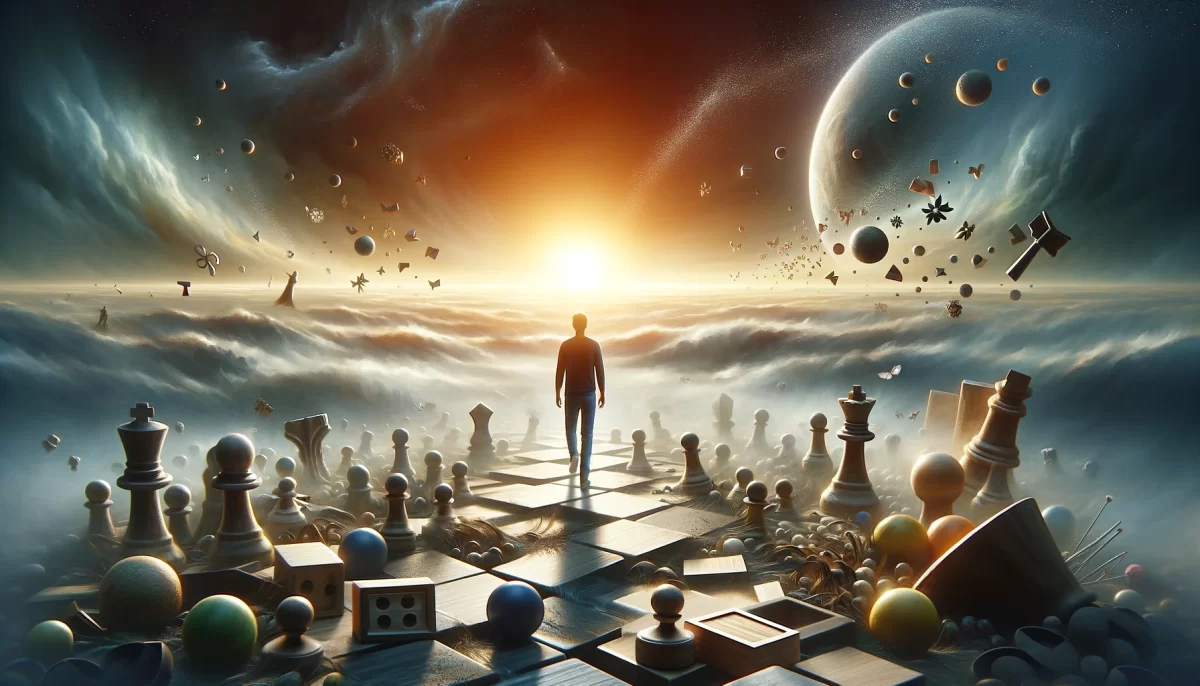
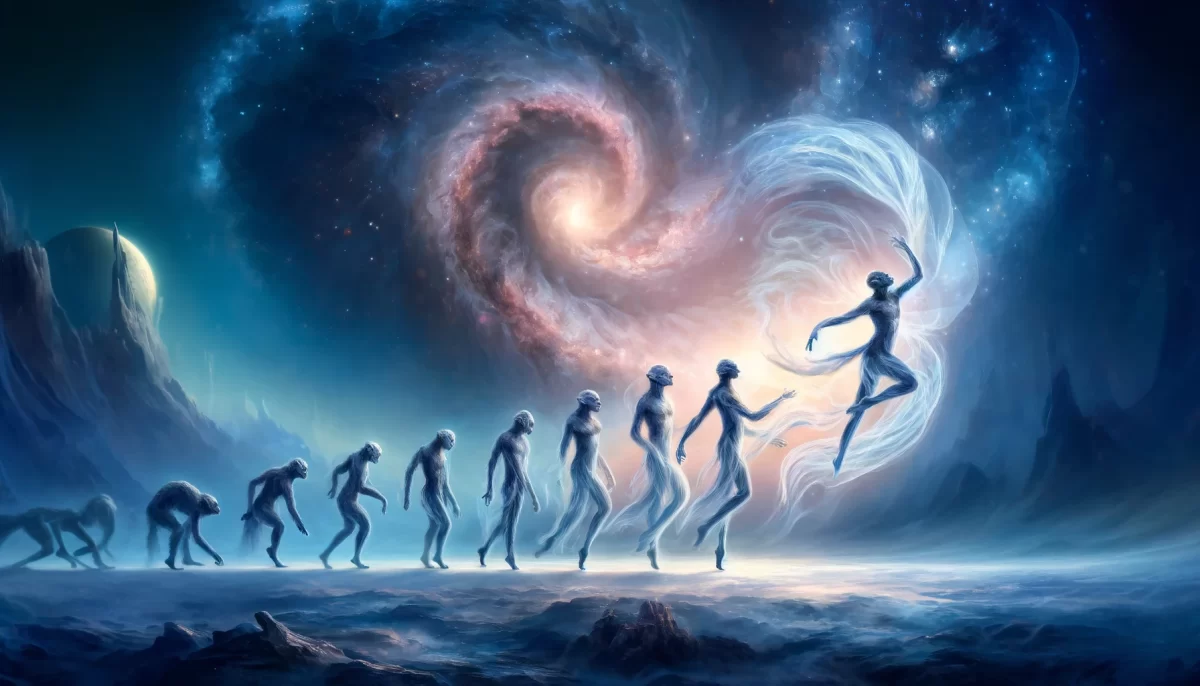

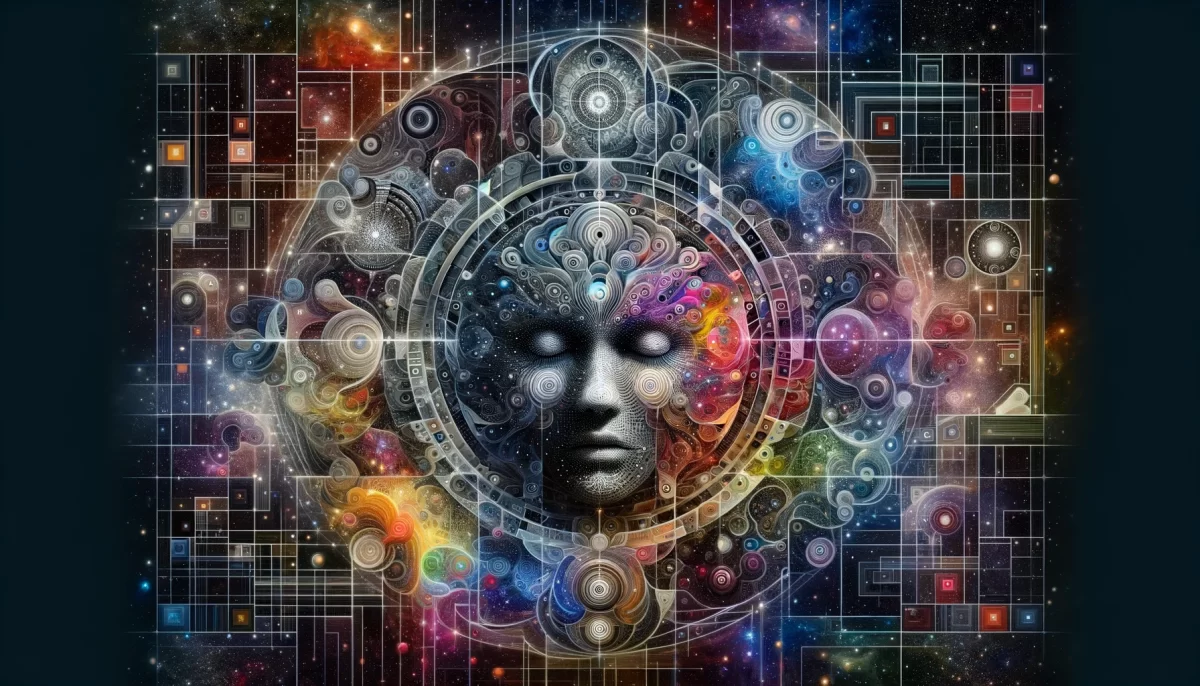
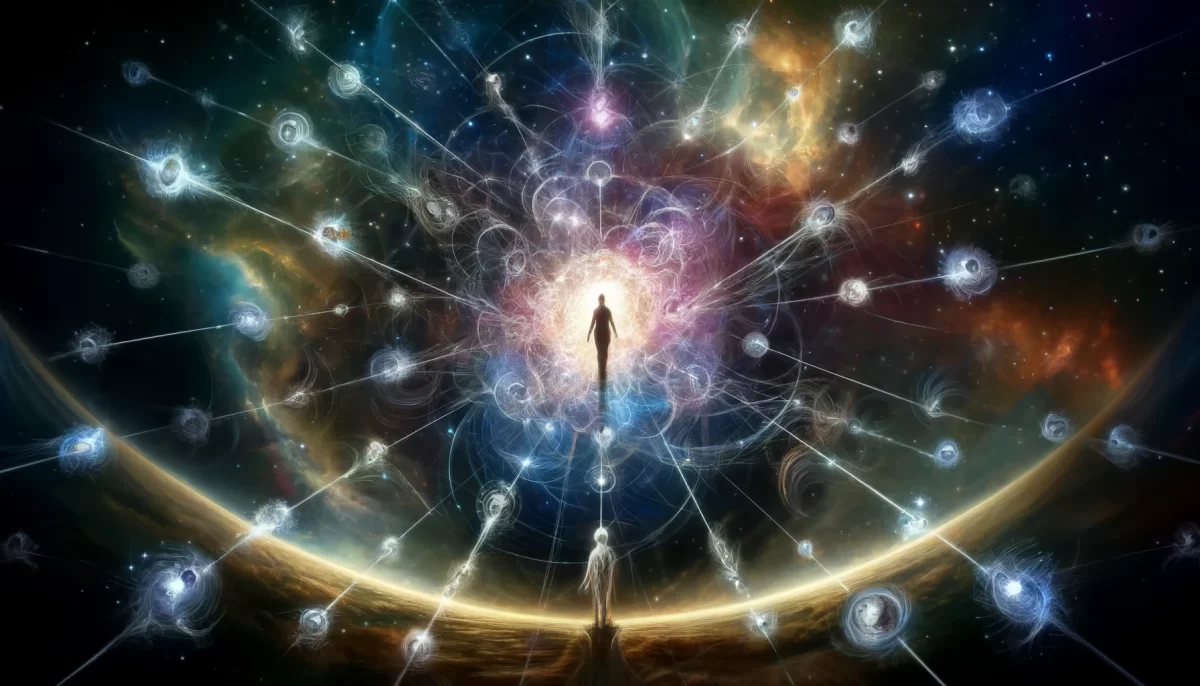







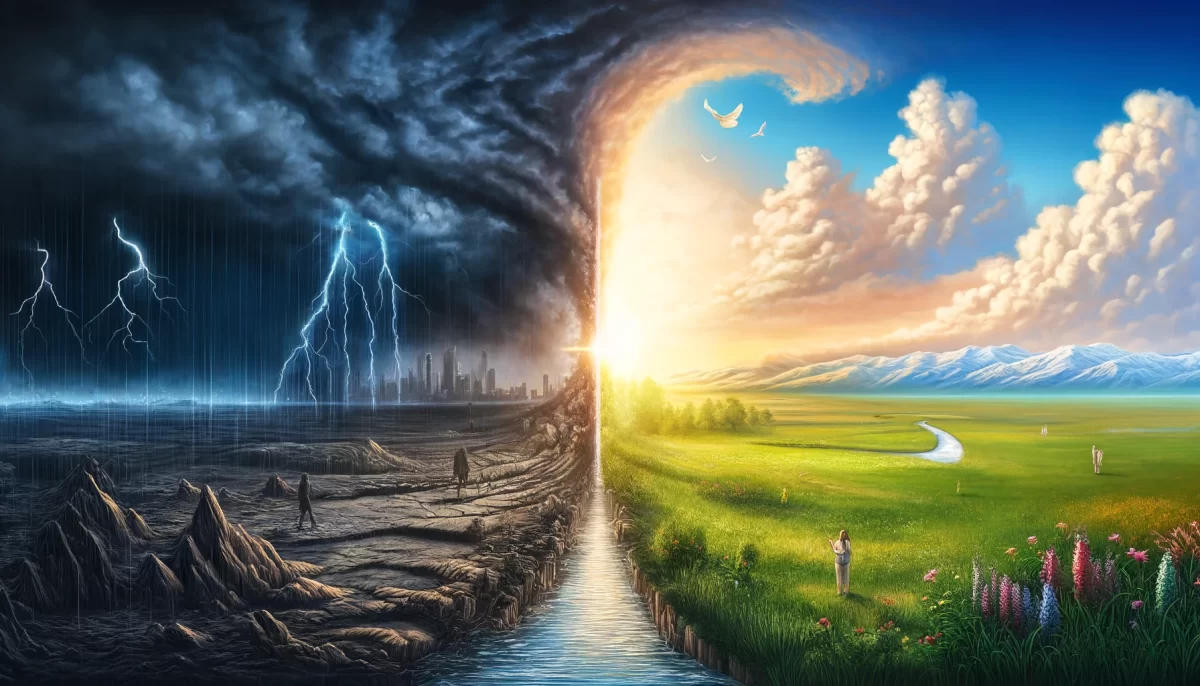

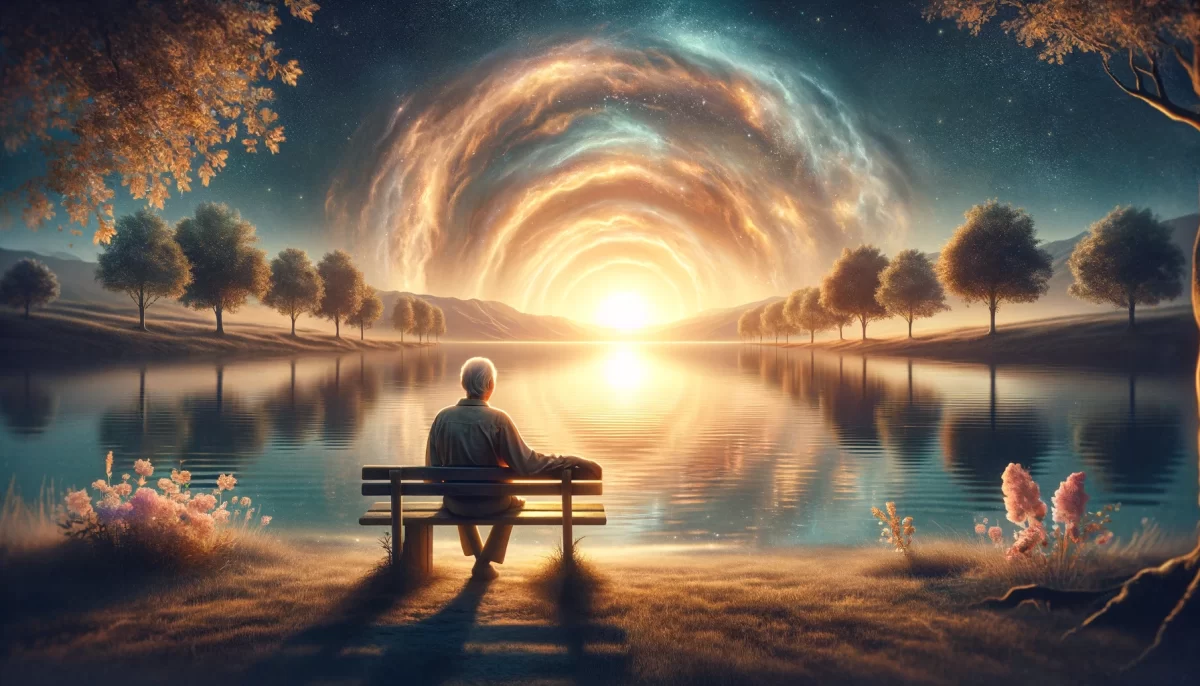

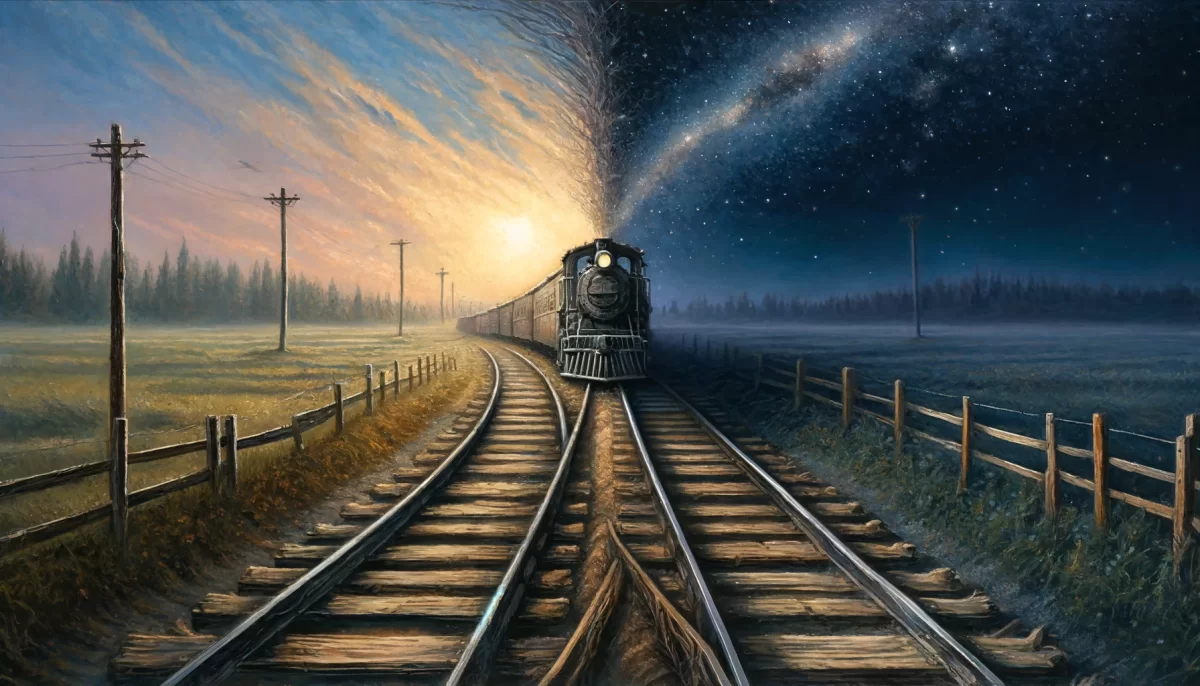


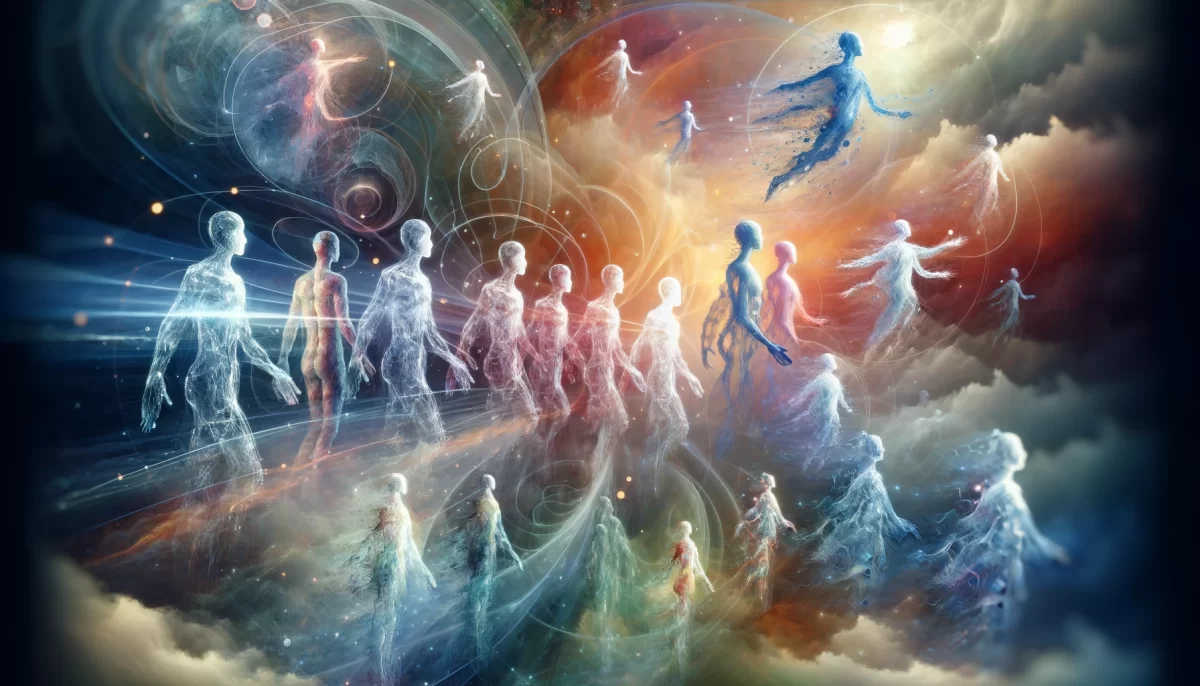

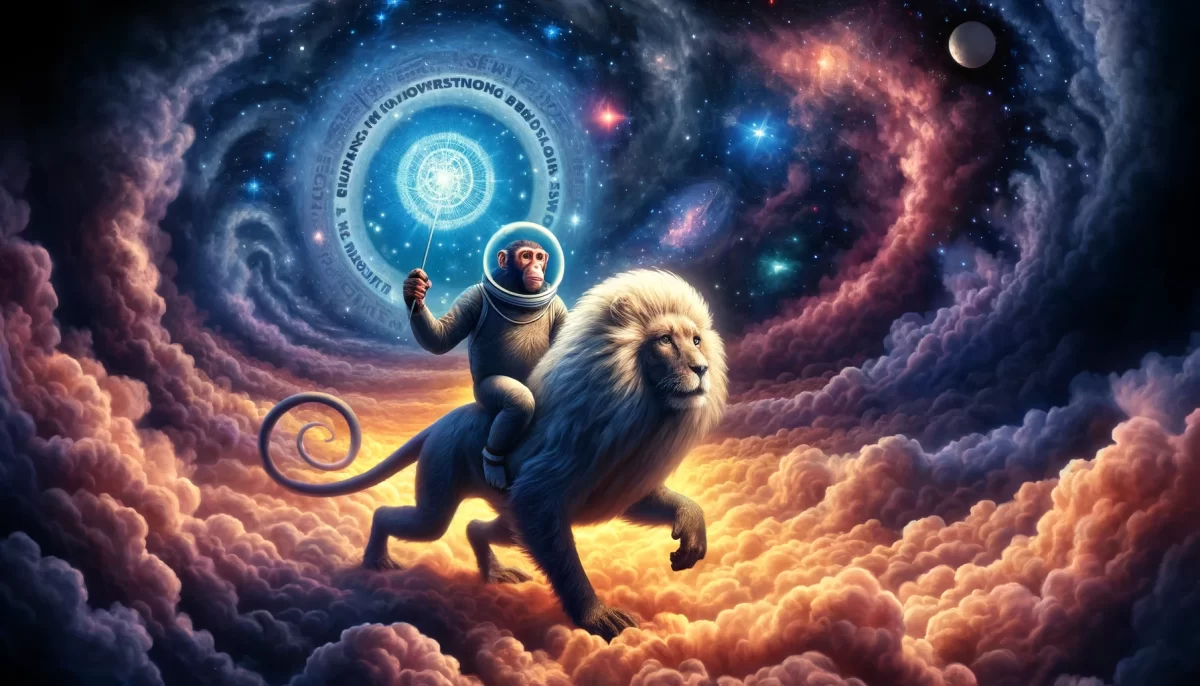

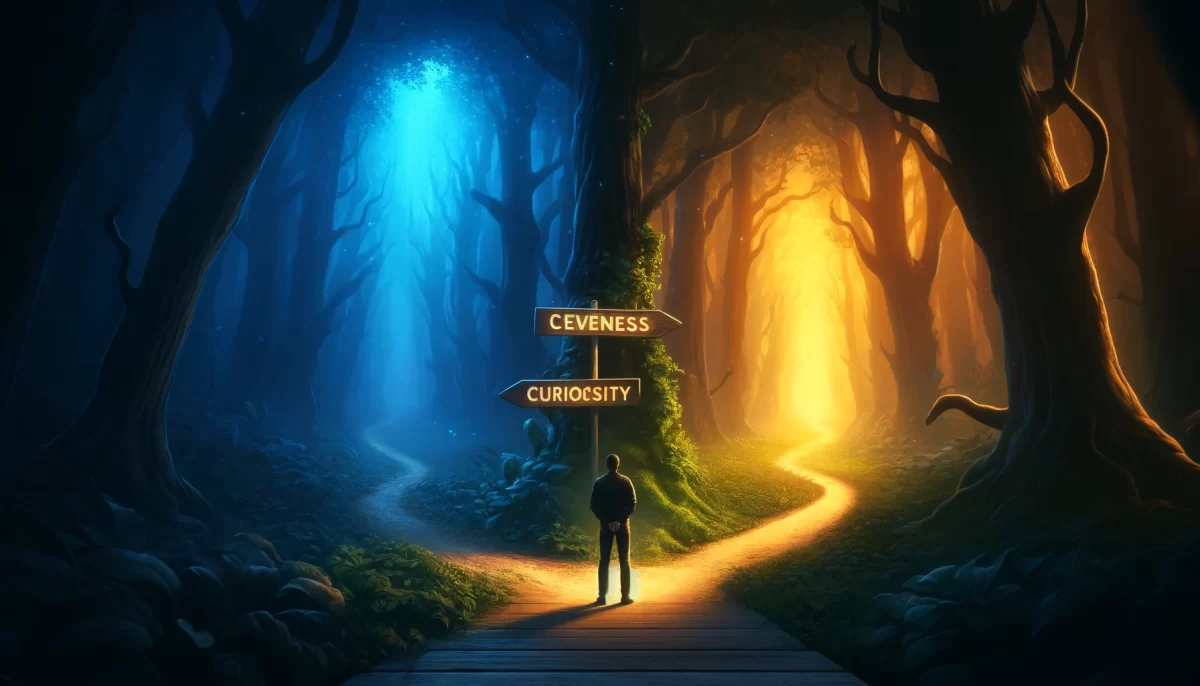
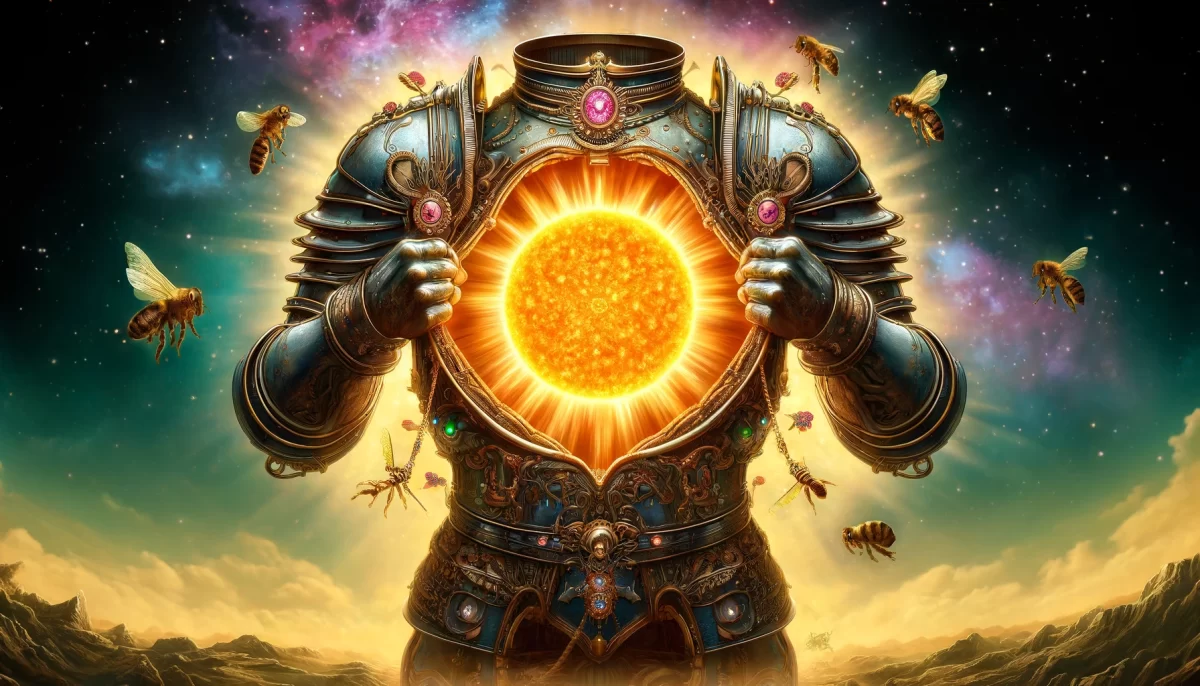

Leave a Reply